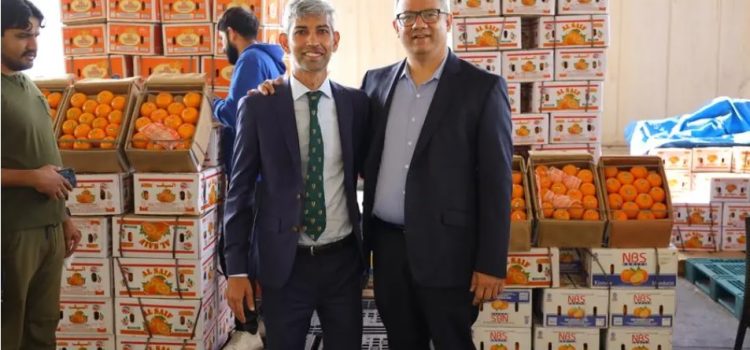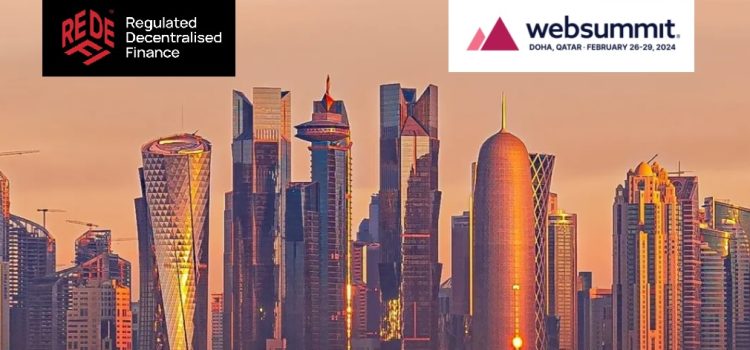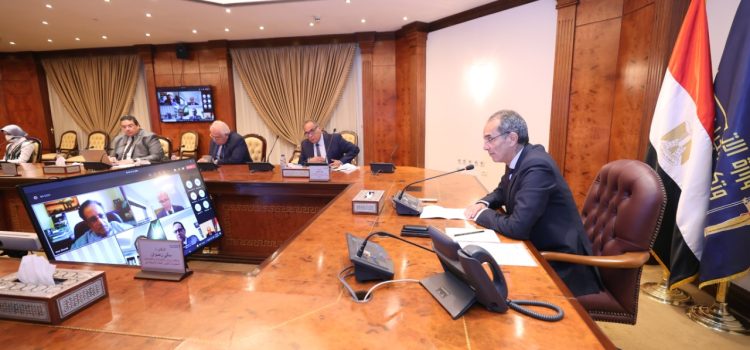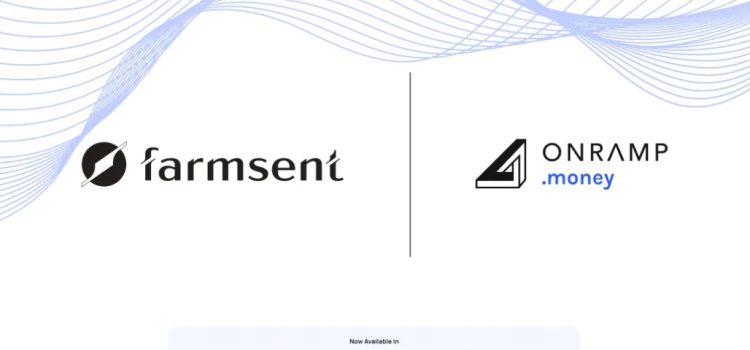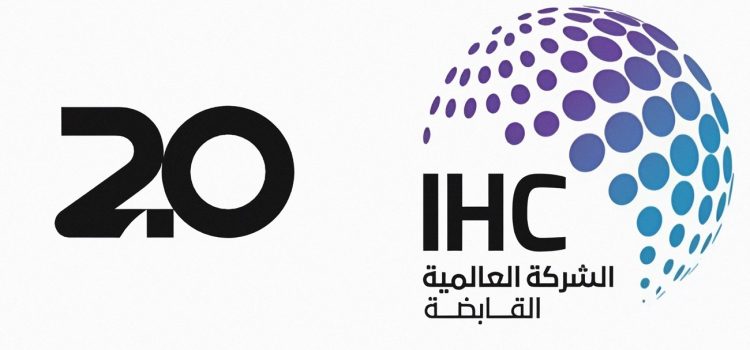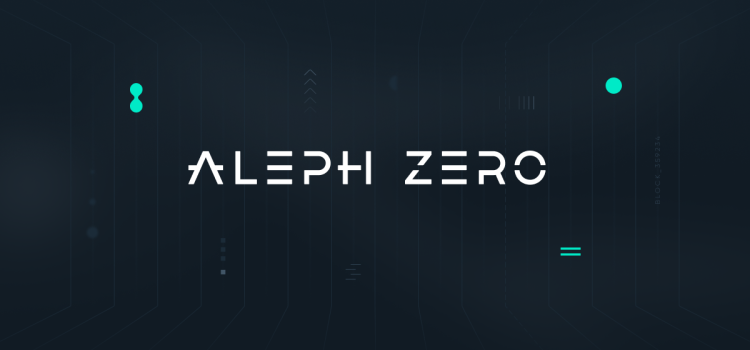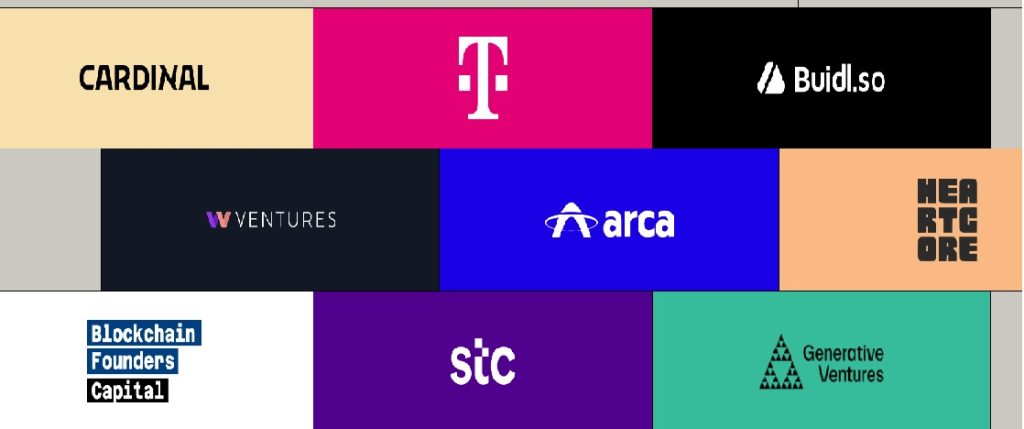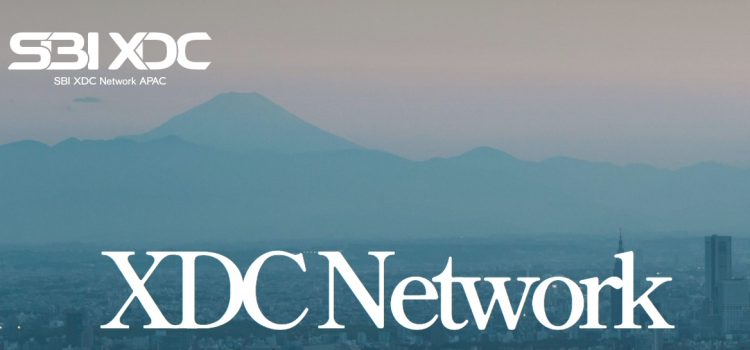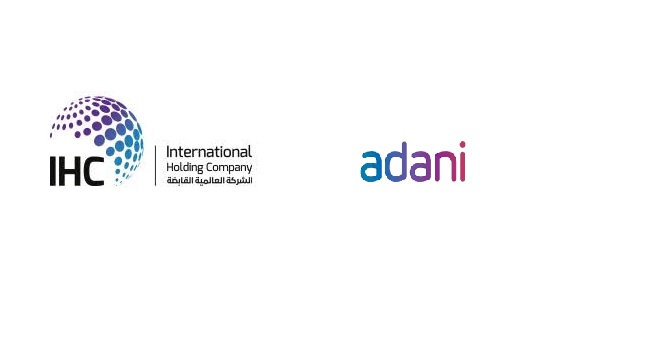
UAE Based Maalexi, a Blockchain and AI enabled SME agri business platform has raised $3 million in a pre-series A fund raise led by Global Ventures, a leading MENA venture capital firm. Global Ventures joins existing venture capital investors Rockstart (Amsterdam) and Ankurit Capital (New Delhi).
UAE Maalexi will use the funds to develop its AI and Blockchain technology and enhance its full stack platform to help SME agri-buyers procure faster, cheaper, and safer from globally placed SME sellers. It will also use the funds to drive customer acquisition – specifically more buyers in the UAE and Saudi Arabia and to add sellers from 50+ origin countries.
Maalexi’s platform helps the millions of small agri-businesses active in the $3 trillion global, cross-border food trading market.
Maalexi’s proprietary technology has embedded risk management tools such as digital contracts, AI enhanced inspections, and blockchain-authenticated documentation – all on a user-friendly web platform. Maalexi’s solution increases participation and automates trade – leading to higher customer revenues, more bankability, and more sustainable enterprises.
Maalexi has grown significantly in 2023 recording a Cumulative Monthly Growth Rate of 60%, adding hundreds of users, and helping SME buyers procure millions of kilograms of food supplies – across 70 products, from 27 countries. The Company’s overall focus and strategy is to build resilience in the food supply chain - strengthening food security in the UAE, and then to replicate the same model across the GCC.
Dr. Azam Pasha, co-founder and CEO of Maalexi, said, “We are delighted to complete our $3 million pre-Series A round – with the exclusive participation of MENA’s leading VC firm – Global Ventures. It is a very exciting time for Maalexi; we have a huge market opportunity which we know needs our solution – a proprietary automated process that makes life easier and more lucrative for SME agri-buyers and sellers. The per-transaction costs of our platform are very low, and we enable safer, faster trades cross-border.
At the same time, we are strengthening food security in our home country and region. We look forward to 2024, and our regional expansion, with great confidence.”
Noor Sweid, Founder and Managing Partner of Global Ventures, commented, “We are delighted to lead Maalexi’s funding round. Focused on empowering small to medium agri-businesses, the company is streamlining the transborder exchange of agriculture products, using AI-driven risk management tools to address payment and performance risks in regional and global supply chains. The $3 trillion global, cross-border food trading market is still weighted against SME agri-businesses. Despite the fact that they constitute 90% of global agribusinesses, they only control 30% of the cross-border trade market. Maalexi’s business model aligns with our thesis on the role of technology in disinter mediating supply chains to make them more efficient and productive, as well as reducing the GCC’s 85% dependency on food imports. We are excited to partner with Azam and Rohit as they enhance the engagement of small agri-businesses in trade, and improve food security in the Gulf, and beyond.”








